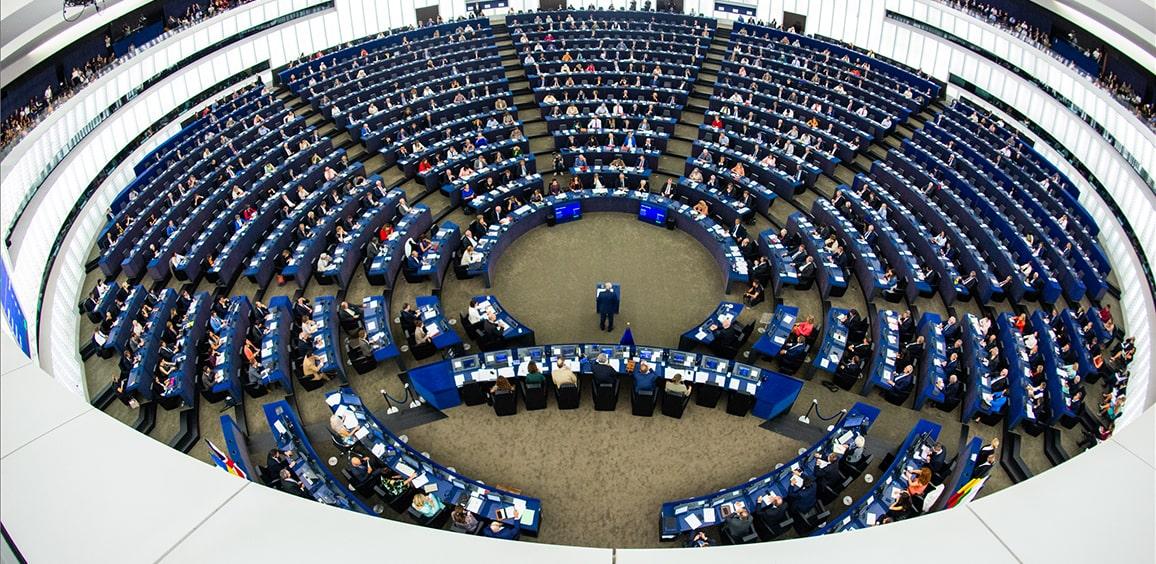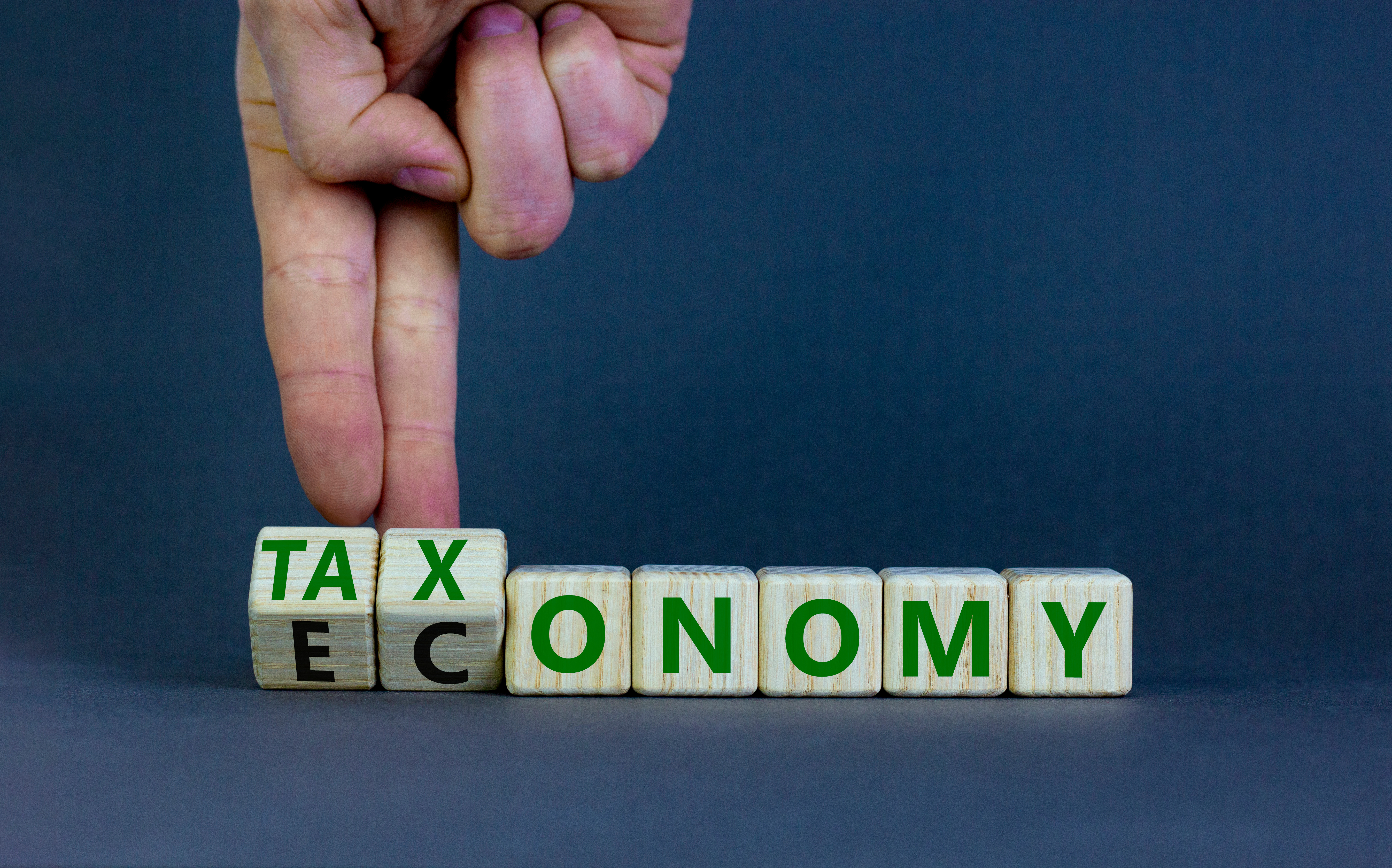The future of the European Union’s green taxonomy is back in the melting pot as a fresh stand-off between the European Commission and European Parliament threatens to derail the already delayed policy.
Hopes that the taxonomy, promised at the Paris COP21 climate summit in 2015, would set a global standard in clarity with solid green credentials were dashed when the Commission published a revised plan last month, writes Contributing Editor David Worsfold. With little consultation this made two major departures from earlier versions by including natural gas and nuclear power in its list of assets that would qualify for a “green” label, albeit with some qualifications. This new version has been presented as a take it or leave it proposal by the Commission, clearly frustrated by a debate that has already delayed it beyond its original deadline by two years.
The taxonomy is meant to provide clarity on what are green investments to help retail and institutional investors guide money into genuinely green projects and avoid charges of greenwashing. For a long time it looked as if gas and nuclear power would be excluded but intense lobbying by both industries and countries currently dependent on them saw the Commission publish this new version on New Year’s Eve with both included as green assets. This has dismayed campaigners and MEPs, many of the latter claiming they were not consulted.
 To add to the Parliamentarians’ anger, the Commission has presented the new version of the taxonomy in a format that does not allow any amendment. The Parliament’s only course is to reject it outright and send the Commission back to the drawing board. Alliances of MEPs led by the countries that oppose the new taxonomy – Austria, Luxembourg, Sweden and Spain – are trying to muster enough support to block the proposal. They have until May to cobble together a majority in the European Parliament (pictured right).
To add to the Parliamentarians’ anger, the Commission has presented the new version of the taxonomy in a format that does not allow any amendment. The Parliament’s only course is to reject it outright and send the Commission back to the drawing board. Alliances of MEPs led by the countries that oppose the new taxonomy – Austria, Luxembourg, Sweden and Spain – are trying to muster enough support to block the proposal. They have until May to cobble together a majority in the European Parliament (pictured right).
They face an uphill challenge as it commands the support of the EU’s two superpowers, France and Germany, who are in a sort of Faustian pact. Germany is anti-nuclear but pro-gas, while France is pro-nuclear but anti-gas.
Critics of the taxonomy point to its inherent confusion of energy policy with investment labelling, as Simone Tagliapietra, Senior Fellow, Bruegel, Brussels, and Adjunct Professor at the Catholic University Milan, explained in a letter to the Financial Times this week:
“This disarray seems to be generated by a fundamental misunderstanding in the way the EU debate in the field has evolved during the last few months. That is, the EU has erroneously mixed-up the taxonomy debate with a very different conversation on the structure of Europe’s future energy mix. And these really are two different things.
“Taxonomy is there to put a green badge on certain investments, with the hope that markets will favour and appreciate their green premium. It is not there to define a country’s energy mix or a company’s investment decision. In short, nothing prevents companies and governments from investing in a gas or nuclear project even if they are not part of the taxonomy.”
He goes on to echo the warnings of several major institutional investors that if the EU continues down this path it will fail in its aspiration to create a gold standard for green taxonomies. Investors will shun it and look to similar taxonomies being developed elsewhere, including by UK regulators, to provide greater clarity and less scope for criticism for greenwashing, an increasingly sensitive accusation.
MEPs hoping to kill off the Commission’s latest proposal will draw some comfort from the critical voices from major institutional investors, such as the Institutional Investors Group on Climate Change (IIGCC), representing over 370 members with €50 trillion in assets under management. It has written to the Commission, warning that including gas in the new definitions risks undermining the EU's effort to set a global standard for green investments:
“Investors are using the EU Taxonomy to assess alignment of their portfolios and investments with net zero emissions. As such, they view the Taxonomy as a cornerstone for Europe’s sustainable finance agenda, both from a regulatory perspective and in terms of the wider political signal it sends to financial institutions and corporates in the EU and beyond.
"As we have previously stated, IIGCC strongly supports the alignment of the Taxonomy with net zero emissions, and with a science-based approach.
“As a result, we remain strongly opposed to any inclusion of gas within the scope of the Taxonomy. The fundamental purpose of the Taxonomy is to enable capital to be channelled towards economic activities that are fully compatible with the EU’s commitment to climate neutrality by 2050 and reducing emissions by 55% by 2030. Moreover, the IEA net zero by 2050 pathway is clear that demand for natural gas will need to shrink by 8% below 2019 levels by 2030 and by 55% by 2050. Existing gas-fired power plants will also have to be phased out by 2035. Put simply, there is no remaining carbon budget for new investments in natural gas.”
The letter concludes on a pessimistic note with a stark warning to the Commission of the consequences of its actions:
“Any inclusion of gas within the Taxonomy would also undermine the EU’s ambitions to set the international benchmark for credible, science-based standards for classifying sustainable economic activities. It is our view that the proposals … would seriously compromise Europe’s status as a global leader in sustainable finance, potentially triggering a ‘race to the bottom’ which could dilute the level of climate ambition within emerging jurisdictional taxonomies.”

